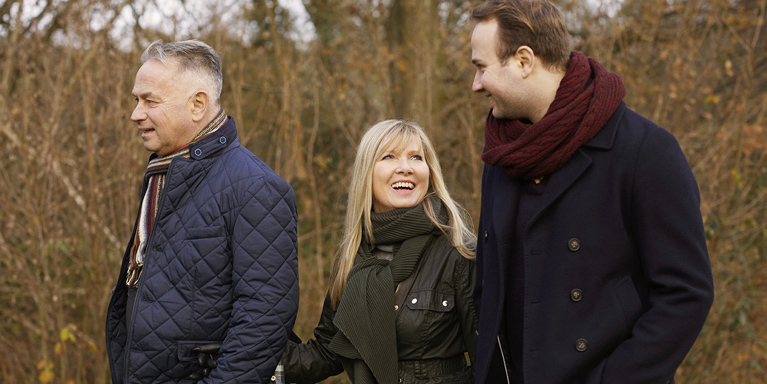
Dealing with separation or divorce
We have the information you need in order to review your finances through this time of change.
BackJump to chapter
Scottish Widows Be Money Well is committed to providing information in a way that is accessible and useful for our users. This information, however, is not in any way intended to amount to authority or advice on which reliance should be placed. You should seek professional advice as appropriate and required. Any sites, products or services named in this module are just examples of what's available. Scottish Widows does not endorse the services they provide. The information in this module was last updated on 27th June 2024.
Related videos
What happens to my pension when I die?
What happens to my pension during a divorce?
Does my working pattern affect my pension?









